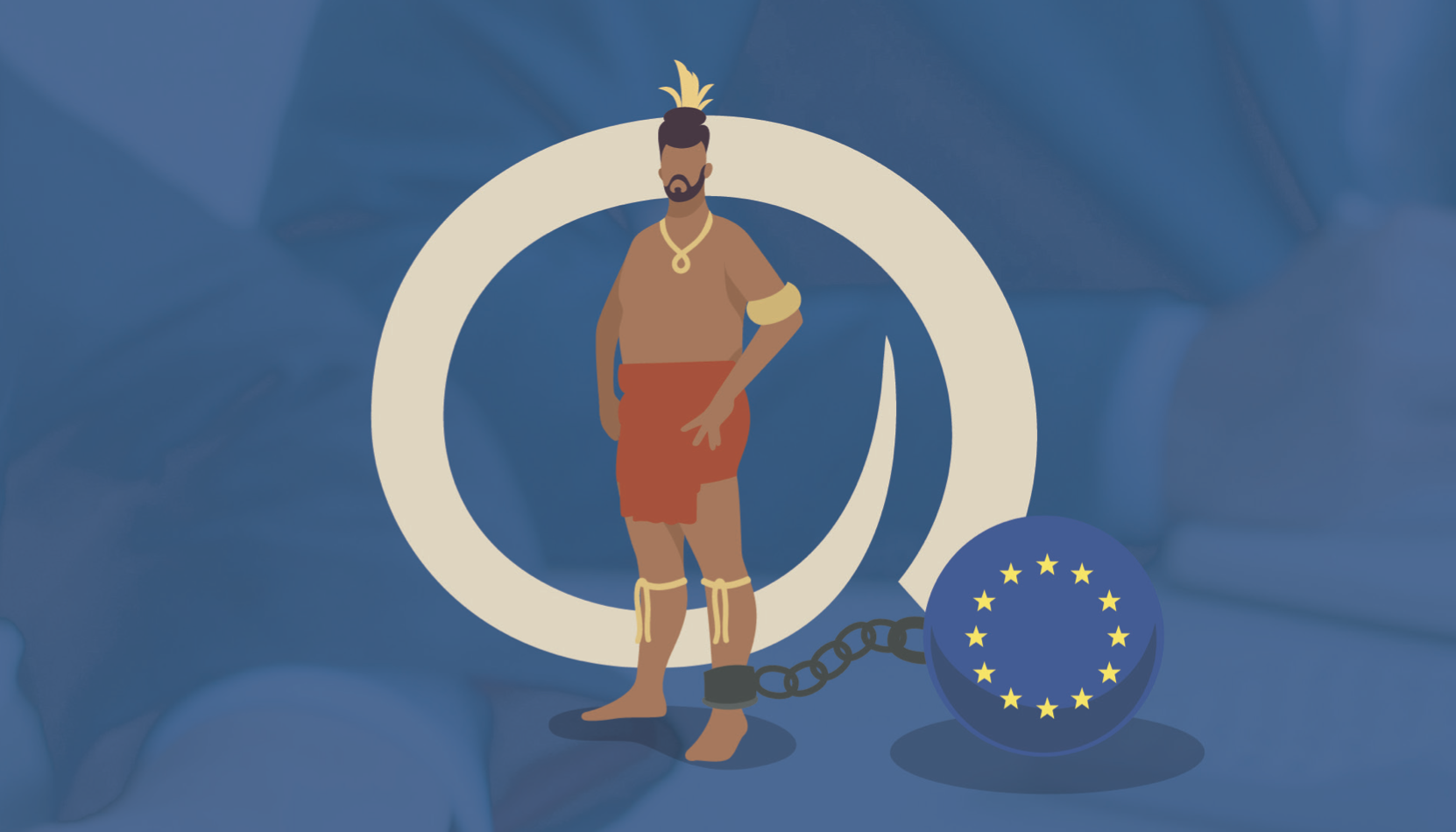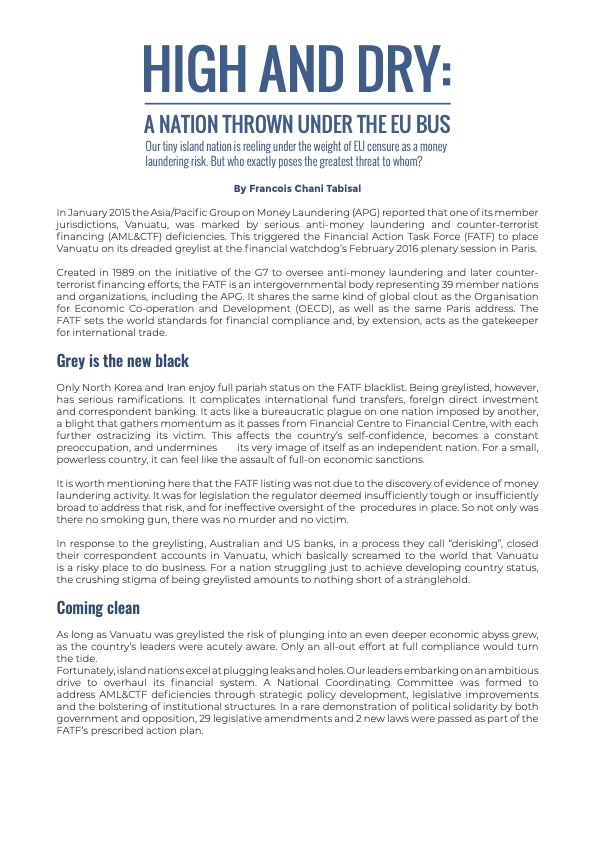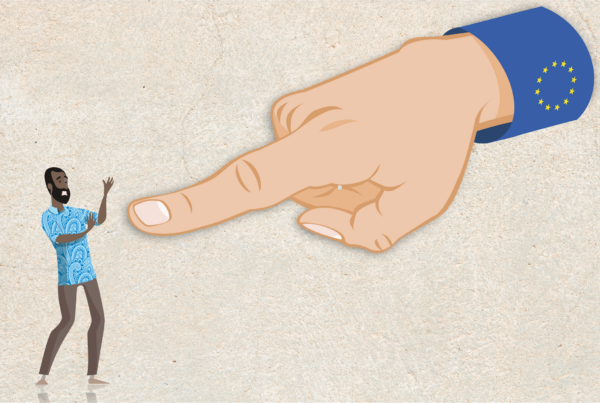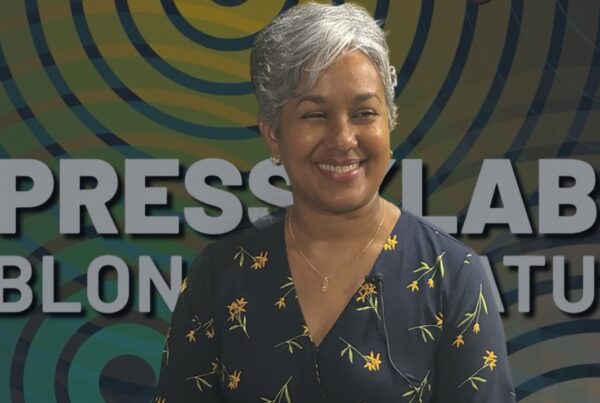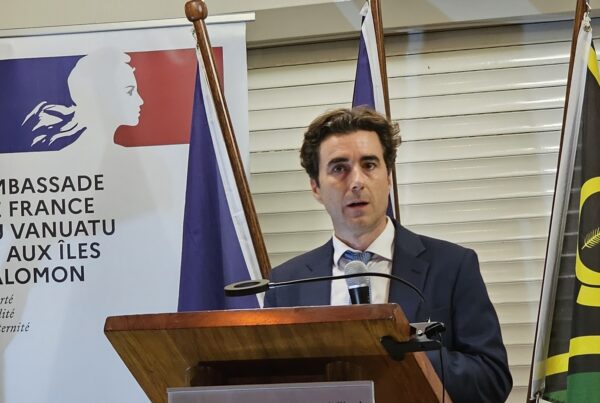By Francois Chani Tabisal
Our tiny island nation is reeling under the weight of EU censure as a money laundering risk. But who exactly poses the greatest threat to whom?
In January 2015 the Asia/Pacific Group on Money Laundering (APG) reported that one of its member jurisdictions, Vanuatu, was marked by serious anti-money laundering and counter-terrorist financing (AML&CTF) deficiencies. This triggered the Financial Action Task Force (FATF) to place Vanuatu on its dreaded greylist at the financial watchdog’s February 2016 plenary session in Paris.
Created in 1989 on the initiative of the G7 to oversee anti-money laundering and later counter- terrorist financing efforts, the FATF is an intergovernmental body representing 39 member nations and organizations, including the APG. It shares the same kind of global clout as the Organisation for Economic Co-operation and Development (OECD), as well as the same Paris address. The FATF sets the world standards for financial compliance and, by extension, acts as the gatekeeper for international trade.
Grey is the new black
Only North Korea and Iran enjoy full pariah status on the FATF blacklist. Being greylisted, however, has serious ramifications. It complicates international fund transfers, foreign direct investment and correspondent banking. It acts like a bureaucratic plague on one nation imposed by another, a blight that gathers momentum as it passes from Financial Centre to Financial Centre, with each further ostracizing its victim. This affects the country’s self-confidence, becomes a constant preoccupation, and undermines its very image of itself as an independent nation. For a small, powerless country, it can feel like the assault of full-on economic sanctions.
It is worth mentioning here that the FATF listing was not due to the discovery of evidence of money laundering activity. It was for legislation the regulator deemed insufficiently tough or insufficiently broad to address that risk, and for ineffective oversight of the procedures in place. So not only was there no smoking gun, there was no murder and no victim.
In response to the greylisting, Australian and US banks, in a process they call “derisking”, closed their correspondent accounts in Vanuatu, which basically screamed to the world that Vanuatu is a risky place to do business. For a nation struggling just to achieve developing country status, the crushing stigma of being greylisted amounts to nothing short of a stranglehold.
Coming clean
As long as Vanuatu was greylisted the risk of plunging into an even deeper economic abyss grew, as the country’s leaders were acutely aware. Only an all-out effort at full compliance would turn the tide.
Fortunately, island nations excel at plugging leaks and holes. Our leaders embarking on an ambitious drive to overhaul its financial system. A National Coordinating Committee was formed to address AML&CTF deficiencies through strategic policy development, legislative improvements and the bolstering of institutional structures. In a rare demonstration of political solidarity by both government and opposition, 29 legislative amendments and 2 new laws were passed as part of the FATF’s prescribed action plan.
On the priority list were a strong Financial Investigation Unit, a well-managed Financial Services Commission, and a trusted Reserve Bank. By 2018 these three institutions had become rock solid, at least on par with their counterparts in more developed countries. To enhance law enforcement and prosecutorial powers, the offices of the Police Commissioner, Public Prosecutor and State Law were also strengthened. (The compliance burden for Vanuatu’s banks and exporters is now actually higher than for their peers in countries like Australia or Canada.)
All this was accomplished in the wake of Cyclone Pam (March 2015), the worst Pacific storm in human memory, which damaged or destroyed 70% of our archipelago’s health facilities and 50% of its schools, on top of the economic destruction the storm unleashed.
Aleluia!
In June 2018, after extensive inspection, the FATF formally announced the delisting of Vanuatu due to “significant progress” that was later detailed in an extensive report by the APG. The organization would no longer be monitoring us for AML&CFT compliance, and we would continue to reinforce its financial regime in cooperation with the APG—as we have been doing to this day.
This was nothing short of a triumph for Vanuatu. After two years of moving mountains, the engines of economic growth could start chugging along again, and the stain on our nation’s reputation could start fading. Soon it would only be a bad memory, or rather a cautionary tale for future governments as they weigh the consequences of non-compliance.
The story of Vanuatu’s AML&CTF status should have ended there. Once the world’s financial standard setter had deemed the nation compliant, it was only a procedural matter for the IMF, the World Bank, the ADB, and all FATF members and organizations to follow suit and remove their own restrictions like dominos, just as they had initially erected them in response to the FATF’s greylisting. But the rubber stamps were a very long time coming.
Double the jeopardy
Five months after the FATF’s 2016 greylisting, the European Commission (EC) created its own list of “high-risk third countries with strategic deficiencies’’. Known as Delegated Regulation 2016/1675, the European AML&CTF list was widely expected to keep step with any future determinations made by the FATF. Case in point: Myanmar and Papua New Guinea had been removed from the FATF list a month before the EC list was created and never appeared on the latter.
In the July 2018 update of the EC list (Delegated Regulation 2018/1467) everyone thought Vanuatu would be automatically removed since, in that triumphant moment, it had just been removed the month before from the FATF list. That didn’t happen. The slow burn in Vanuatu’s financial circles had begun.
Brush with respectability
Less than a year later there was new hope. In February 2019, using a new methodology called the 5th AML Directive of the European Parliament and demonstrating that it was not entirely soulless, the EC proposed a draft list incorporating most FATF-listed jurisdictions as well as a number of EU- specific targets. The latter included Saudi Arabia and no less than four U.S. territories (American Samoa, Guam, Puerto Rico and the US Virgin Islands). Vanuatu was not on the list. Our nation’s housecleaning had finally been recognized. The champagne corks were ready to pop.
Predictably, the new additions were met with heavy diplomatic criticism by Saudi Arabia and the U.S. Also, many European deputies questioned the absence of Russia, which had been involved in a number of highly publicized money laundering scandals. The following month, the Council of the EU voted to reject the new draft list in its entirety on the grounds that it was “not established in a sufficiently transparent way”. So the draft list was out. The old list remained in effect, Vanuatu marooned on it still.
Welcome to regulatory limbo
The next update to the European AML&CTF list would happen in May 2020, a whole year later. Once again, the story should have ended there. However, in Delegated Regulation 2020/855, the country remained listed for a fifth year, a sad distinction it now shared with Afghanistan, Iraq, Iran, North Korea, Syria, Uganda and Yemen.
Gone were Saudi Arabia and the four U.S. territories, however, their outcries likely triggering action in high places. As for Russian money launderers, they were once more left alone, as they had been by the FATF.
But Vanuatu (2019 GDP 900 million USD) was still deemed a looming menace to the European Union (2019 GDP 21.4 trillion USD). ( to be clear 0.9 billion versus 21,400 billion, or 0.004%)
Evasive action
Pressed by a French member of Parliament to remove Vanuatu from the list, the Executive Vice- President of the EC, Valdis Dombrovskis, demurred, raising the issue of “beneficial ownership information transparency”, or a failure to disclose the true ownership of companies. No more details were given, nor was any request made by European officials to the Vanuatu government for a response.
Duly outraged, the Organisation of African, Caribbean and Pacific states (OACP) promptly denounced the “unilateral publication of this list, without proper prior consultation”; not one of its seven member states on the list had been notified or questioned by the Commission. The European Commission then notified Vanuatu that it was still in the process of assessing the nation’s AML&CTF regime, and that it would finalize its preliminary assessment in the “coming months’’.
So the listing stood, along with its reek of money laundering and terrorism financing. Just as we were grappling with the destruction of Cyclone Harold and the evaporation of tourism revenue due to COVID-19, we learned we would once again be trammelled in our pursuit of normal banking relationships with the wider world, relationships vital to developing our full economic potential.
Finally something black and white
According to a memo sent by the Commission, the about-face regarding the delisting of Vanuatu was indeed related to information on beneficial owners of financial accounts. However, it came not from a first-hand assessment or new information obtained from Vanuatu, but from a third party source, the OECD’s Global Forum report on transparency and exchange of information for tax purposes.
As our government of Vanuatu pointed out, none of the shortcomings identified by the OECD in any way compromised the effectiveness of our AML&CTF regime. To the contrary, the report stated that “Vanuatu has also done significant reforms on its AML/CTF legislation to provide for the availability of information on beneficial ownership in relevant entities and arrangements and in bank account holders.”
Nevertheless, the Commission’s department for financial stability and capital markets (DG FISMA) sent a new assessment for 2020, in which Vanuatu earned a thumbs up on AML&CTF legislation, customer due diligence and beneficial ownership information for companies, but not on beneficial ownership information for companies, but not on beneficial ownership information for trusts, foundations and other legal arrangements. Until such time as the information was available and accessible, Vanuatu would remain in the company of Europe’s high-risk third countries.
Finally, a clear transgression: all we had to do to get off the list was to make existing information “available and accessible”. Except, in another Kafkaesque dimension, we already had.
You have to ask why
Under Vanuatu’s financial regime, all ultimate beneficial owners are declared to the Vanuatu Financial Services Commission and also to financial institutions as part of extensive “know your customer” measures. And all international transactions—all of them, not just a sampling—are backed by invoices or other documentation. If the EC believed that a financial criminal could remain anonymous and hidden in a Vanuatu trust, foundation or international company, and that these vehicles could be used to launder money or finance terrorism, it was and is mistaken.
These are some of the very same achievements in compliance that led to Vanuatu’s delisting by the FATF in the first place. Three years on, the European Commission still was unwilling to follow suit, and the reason it gave seemed disconnected from reality. As a result, any dialogue with Vanuatu has been at a complete impasse since the summer of 2020.
Couldn’t the story have ended there, once and for all? Couldn’t the EC have simply retrieved the readily available beneficial owner information for trusts etc., putting a merciful end to the entire interminable saga? Of course it could have, but it didn’t. And that raises questions about Brussels’ motives.
Perhaps the entire drama wasn’t about AML&CTF at all?
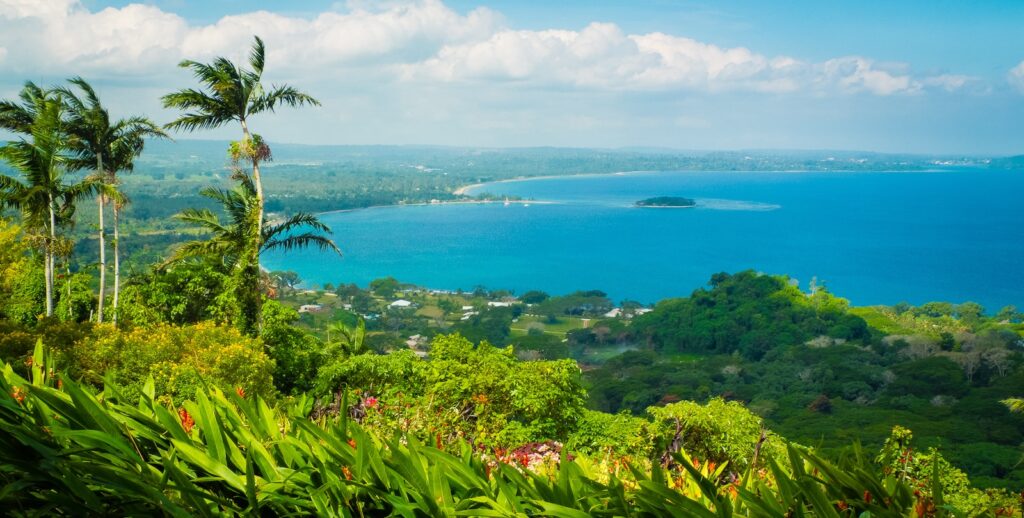
Haven turns to hell
Since 2017, the European Commission has kept tabs on third countries in other ways, particularly via the EU list of non-cooperative tax jurisdictions. The list has already been through 15 iterations at the time of this writing. It is made up of a blacklist (peaking at 17 jurisdictions in 2017, currently at 12) and a greylist (peaking at 65 in 2018, currently at 9). Vanuatu was first placed on the greylist, then in March 2019 it was moved to the blacklist for not implementing changes fast enough.
The EU tax lists were ostensibly created “to fight against tax evasion and avoidance” and as “a stronger deterrent for countries that consistently refuse to play fair on tax matters”.
Once again, “tax evasion and avoidance” couldn’t possibly apply to Vanuatu. Since its FATF delisting in 2018, our country has been a willing adherent to the Common Reporting Standard, meaning all financial institutions must file an annual report detailing all accounts held by foreigners.
If for example a French national holds money or a financial investment within a Vanuatu Financial Institution, the French tax authorities will be notified of the existence, balance, and any accrued interest in his account via the CRS. Or, if he’s “hiding” behind a company with a bank account in Vanuatu, his name will be reported anyway as the ultimate beneficial owner under AML&CTF “know your customer” rules. Financial institutions that fail to comply are subject to hefty fines or imprisonment. Not exactly a foolproof cover for hiding income.
Not fair for who?
The “refuse to play fair” part is what evidently got Vanuatu blacklisted. To understand what fairness means to European authorities, one needs to look no further than the Council of the EU meeting where the list was first adopted. Its Conclusion #22, a Heimlich-worthy mouthful of legalese, in essence states that, while a 0% corporate tax is not a criterion for blacklisting in itself, it becomes one when coupled with offshore structures that generate profits not related to real economic activity in the jurisdiction.
In Vanuatu, whether a company is domiciled here or operates offshore, income tax is simply absent right across the board. This is the tax regime that our sovereign nation has deemed to be in its best interests.
The world calls it a tax haven or fiscal paradise with the implication it is a thieves den for tax evasion, fraud and other crimes. But the accusations are more often made on moral grounds than legal. Morality is subjective. One can subjectively view the tax advantages of investing, say, in the British Virgin Islands as morally reprehensible, or not. Vanuatu has the objective right to devise its fiscal policy at it pleases. The European blacklist is simply a contestation of that right on the basis that Vanuatu is not playing “fair”.
So you have to ask, is trying to infringe upon a country’s sovereignty and freedom to enact its own fiscal policy fair? Or morally more acceptable than being unwilling to levy a corporate tax for that matter? The European Union seems to think it is.
The direct consequence of the blacklisting was a host of sanctions such as the triggering of a withholding tax on payments received in Vanuatu by European companies, which discourages them from investing there. Looming large, of course, is the reputational stain on the world stage. So, as almost an extra kick when it was down, our country was now reeling under a second layer of censure.
Non-cooperative? Or just sovereign?
So far, Vanuatu has resisted the European Union’s required changes regarding substantial presence or income taxation for foreign companies for three main reasons.
First, an income tax makes little sense in a country of 300,000 of whom only about 20% participate in the formal economy, or even have electricity. The tax base would be between 10,000 and 15,000 businesses and individuals, barely enough to cover the administration costs alone.
Second, a paradigm shift in fiscal policy as prescribed by the European Commission would effectively destroy one of Vanuatu’s sole competitive advantages. Standardizing the nation’s tax regime to Europe or some other high income tax model used by developed nations is not a local policy nor something that would benefit Vanuatu economically. The next generation of Ni-Van would see their range of career opportunities pared down to either agriculture or tourism; harvesting coconuts, or serving them poolside with little straw umbrellas.
Third, Vanuatu managed to soften the blow of sanctions with its citizenship-by-investment programme, whereby vetted foreigners can obtain a Vanuatu passport for about $130,000 and, amongst several perks linked to the Vanuatu Citizenship, the passport allows visa-free travel in Europe. Introduced the same year Vanuatu was deemed “non-cooperative” by the EU, by the end of 2019 the programme had netted 250 million USD, amounting to a full third of state revenue that year. That compensated for whatever European investment was lost to the blacklist and kept the country’s head above water… but barely.
Sovereign nations do what they need to do to thrive, or in Vanuatu’s case, merely to survive. When it comes to tax, Vanuatu has nothing to hide. We feel no need to question our tax policy or do any soul searching on the subject. Which is more than can be said about many EU members countries and territories.
The pot calling the kettle black
According to IMF research, “the eight major pass-through economies—the Netherlands, Luxembourg, Hong Kong, the British Virgin Islands, Bermuda, the Cayman Islands, Ireland, and Singapore—host more than 85 percent of the world’s investment in special-purpose entities, which are often set up for tax reasons.” Three of these are British territories and three are European member countries. None is currently blacklisted.
Many EU members and neighbours also appear high on the Tax Justice Network’s Corporate Tax Haven Index. Vanuatu doesn’t even make the Top 70. Higher income countries are responsible for 98 percent of countries’ tax losses worldwide, costing over $419 billion in lost tax every year. Lower income countries, of which Vanuatu most certainly is one, less than 2%.
This irony was brought into high relief by the European Parliament when it called the lists “confusing and ineffective” based in part on the fact that EU countries are themselves responsible for a whopping 36% of tax havens. In a January 2021 resolution, the Parliament called on the Commission to widen its scope, improve its transparency, and strengthen its criteria, including “automatically” blacklisting any jurisdiction with a 0% corporate tax rate.
Whether or not the recommendations are implemented, Vanuatu will most certainly stay on notice, but not because we are aiding and abetting European tax evaders. Call it what it is. Our nation’s fiscal regime is considered an unfair advantage by European countries in the global competition to attract foreign investment.
The EU’s sole leverage
So the European Commission has kept Vanuatu on two separate watch lists: one that accuses us of not doing our part in preventing terrorism and money laundering, and the other that accuses us of unfairness in fiscal policy, in other words for a competitive advantage that must be stamped out. A double threat, perhaps, but if you consider Vanuatu’s situation you quickly discover that one threat has no teeth at all.
For Vanuatu, the risk-benefit analysis is simple. The loss of potential European corporate inflows f rom being blacklisted as an uncooperative tax jurisdiction is far preferable to dashing our country’s hopes of developing our tertiary sector, the inevitable consequence of losing our significant tax advantage. Vanuatu has only one asset that needs to be protected at all costs, and that’s zero income tax.
So if the Commission wants to extract tax concessions from Vanuatu, its only true leverage is its AML&CTF list. Does this explain the stubborn refusal of the Commission to concur with FATF findings for the past three years? If it quacks like a duck, it’s a duck.
The real threat
Vanuatu has no income tax for individuals or for corporations, and no industry ever receives government subsidies. Our system can be characterized as “government light”. For the decidedly government heavy EU, this is a breach of ideology. If Vanuatu were to develop successfully with minimum government and zero income tax, this poses a threat to the EU way of doing things. And if Vanuatu were to succeed under its regime what message would that send to neighbouring New Caledonia, and to French Polynesia? Our success could ruin the established order. If ever Vanuatu were to win, perhaps the EU would have something to lose.
Or is this an example of colonialism redux? For hundreds of years, Old World powers brought civilization and light, Christianity and commerce to New World countries. Is the EU’s treatment of Vanuatu some kind of subconscious reversion to the old ways? Is imposing their thinking and methods on weaker foreign nations the burden they feel they must bear, one they believe is not only necessary but their responsibility? What other explanation is there?
Tiny, but sovereign
Perhaps we should have started our story much earlier: on July 30, 1980, when our Republic was formed. Prior to that date, during the 74 years of the Franco-British Condominium of the New Hebrides, both powers had spent their time quarrelling and not doing much for their subjects. Like many peoples around the world before them, Ni-Vanuatu ousted their European masters and took their destiny into their own hands. Long God Yumi stanap: from now we would stand with God and no one else. But did we?
Ever since that day, Vanuatu has received a steady flow of foreign aid, mostly from Australia, the United Kingdom, France, and New Zealand, all members of the OECD’s Development Assistance Committee. Over the years other sources of aid have gained ground in the region have, such as non-OECD donors like China and India and private philanthropic organizations.
While that generosity has been vital to us and deeply appreciated, especially when disaster struck, foreign aid is not a sustainable revenue model for an independent country. It is supposed to act as an accelerant for economic development; but despite the steady flow of aid year after year, Vanuatu is still performing poorly, with 2.7% growth in 2017-2018 and a stagnating per capita income of a little over $3000 in 2019 (and that was before the Coronavirus hit). All the while we have been exposing ourselves to political interference, however selfless the intentions of the donors.
Aid does give Vanuatu leverage, but it also makes Vanuatu less of a peer and more of a subject or liegeman. The best way for Vanuatu to inoculate itself against unwanted foreign influence is to cut the cord of foreign aid.
But how does a poor island nation grown dependent on foreign largesse do that? Arguably, the digital age has brought the dream of self-reliance within reach. We have little in the way of natural resources or geostrategic value, our agriculture can’t get beyond subsistence levels, and tourism is limited to the regional market. But our country now has a shot at sustainable growth it never had before.
Today’s knowledge industries, including financial services but also software development, biopharmaceutical research and more—any industry requiring only an educated workforce and an Internet connection—are all prime candidates for development. An attractive investment environment with a tax regime favourable to business is the country’s best tool to attract wealth and investment to its shores and keep it on the path to a long-term economic self-sufficiency.
The right to self-determination
To follow this path, our country needs foreign investment in the form of highly skilled entrepreneurs and workers who will kick-start these industries and train the next generation of Ni-Vanuatu to join them. This is the best plan forward for Vanuatu; our current fiscal regime is one of the few cards we can play to attract those investors.
As in any sovereign democracy, our government’s policies should reflect the will of the people, in accordance with their identity and values (or “kastom” as the Melanesians say), not the over- reaching demands of former colonial powers who do not seem to have lost their penchant for browbeating.
In complying with all the FATF’s demands, Vanuatu did what’s right, and now it’s being wronged. Every day that passes with its name still on the European AML&CTF list sees another crack appear
in the credibility of the European fight against financial crime. If there is a crime happening, it’s the shackling of Vanuatu to blacklists that harm our reputation and tie our hands economically. Blacklists that, when you scratch just beneath the surface, reveal a shameless tangle of geopolitical influence, sanctimonious posturing and blatant self-interest.
The crime here is treating Vanuatu like a vassal state when it is in fact a sovereign one.
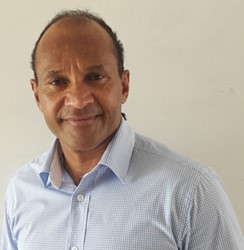
Francois Chani Tabisal is private secretary to the speaker of the Parliament of Vanuatu. He is also a former member of parliament and minister of youth sport.


